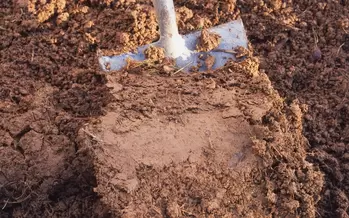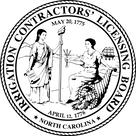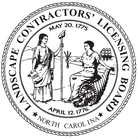Contact us and take a look at our social media pages! |
Service Areas Include: |
HoursMon-Fri :
8am - 5pm |
Telephone
Office
(919)-275-4518 |
|
Copyright 2024 © Southern Solutions Landscaping & Grading LLC All Rights Reserved




